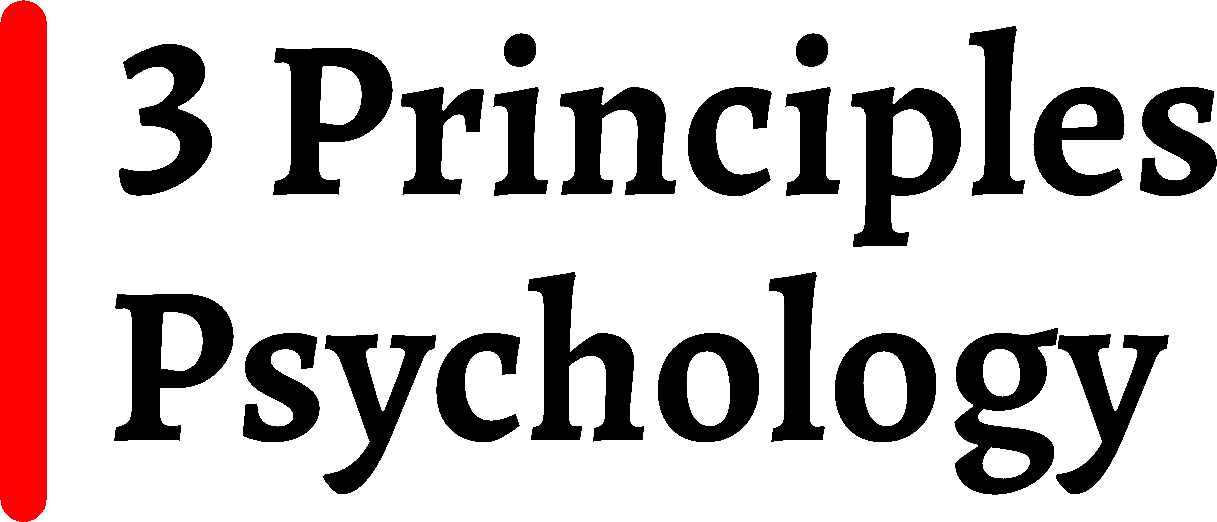Short on Insight
Keith and I were working with a client and after the session, an interesting phrase came to mind. I made the comment that the client was “short on insight.” We were both struck by the simplicity of the comment. It was descriptive and it brought to mind that we are all sometimes “short on insight.” We did not have a judgmental feeling about this, we were simply interested in understanding what thinking would make a person “short on insight.”
One thing that immediately came to mind was how much we had learned from Sydney Banks about how our thinking worked. He had taught us that everyone was designed to live insightfully. This was inspirational for us and we became students of how that would be possible.
It became obvious that we were not always aware of how our experience worked. We would get fooled by our experience. It would seem as if our feeling was coming directly from, or being caused by people and circumstances in the present, past, or future. We would forget to first factor in our thinking in the moment.
It would either be an experience of wanting something not to happen because we thought it had the power to make us feel bad. Or it would be the experience of wanting something to happen because we thought that we needed ‘it’ in order to create a good feeling.
We could see that anyone would be short on insight when experiencing the misperception that their feelings were caused by something other than thought in the moment. This misperception automatically fills our heads up with misunderstanding. It creates the illusion that we need to do something and figure out what to do in order to solve our feelings. With so much to think about, no wonder our heads become cluttered and we experience a feeling of pressure.
What is actually happening in the moment, is that we are innocently losing track of how our thought and feeling work, forgetting that our feeling is inseparable from the power of thought in the moment. It is this misperception, that our feeling can be caused by something other than thought in the moment, that makes us feel vulnerable and insecure. It naturally puts a lot of thinking on our minds. It takes us away from experiencing the abundance of insightful thinking and feeling that abound in a mind quieted through understanding, quieted through being aligned with the logic of how our thinking actually works.
We began to understand how our experience felt when we lost sight of how we actually worked. So when we found ourselves struggling in misperception we began to ask ourselves, “Where do I think my feelings are coming from?” This question was coming to mind more often. We could trace it back and see that we were always living in the feeling of our thinking. Every moment that we lost sight of the fact we were living in a thought-created experience, we lost sight of how we psychologically work. Remembering how we psychologically work is a clarifying and self-corrective realization. We are automatically oriented away from the imagined causes for our feeling and we experience the unity of thought and feeling at its foundational, principled level.
This insight was a door to what awaited us when we looked at how our thought and feeling really worked. It was the beginning of our encountering a pre-existing intelligence that illuminates how we all work in the same way. We began to look in the direction of how thought and feeling were creating our experience of life. We began to experience the oneness of thought and feeling and the quiet rest that comes with it.
We now have a new idea about the availability of insight. It is no longer limited to priests, gurus, and holy people. The inseparable nature of thought and feeling brings us face-to-face with principled logic. This results in us not being as tempted to believe in a misperception. With misperception exposed, our heads automatically clear of large amounts of not realistic, illogical thinking. We have more opportunity for insight and inspiration. We naturally fill with deep feelings of respect, appreciation, and a new found quiet. We find ourselves less “short on insight.”
By Valda Monroe
